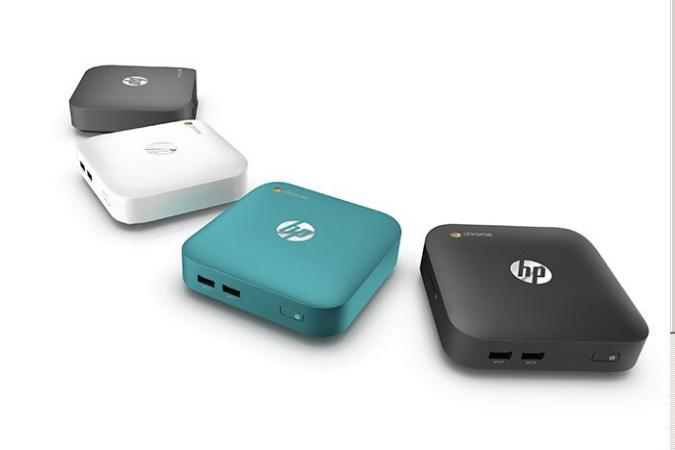
Though Asus and Google have already revealed their own Chromebox, which is aimed at making video conferences easier for businesses to pull off, Asus won’t be the only PC manufacturer partnering with Google to produce such rigs. HP will be making its own business-focused Chromebox for Meetings PCs as well, and though an exact release date for the HP Chromebox has yet to be revealed, they should hit the market by this Spring according to an official HP blog post.
While HP will be releasing a business-focused Chromebox for meetings, they’ll also be releasing a budget-friendly version of its Chromebox geared towards people who just want a PC that’ll handle simple tasks with ease. Detailed specs have yet to be revealed, but HP confirmed that Chromebox for Meetings will include an Intel Core i7 Haswell processor, which is what the Asus Chromebox for Meetings PC is equipped with.
MORE: Why 2014 May Be a Great Year for Google Chrome OS
Other specs include HDMI, DisplayPort, quad USB 3.0 ports and Bluetooth connectivity. The HP Chromebox is also VESA mountable and will ship in one of four colors: Smoke Silver, Ocean Turquoise, Snow White and Twinkle Black. Regardless of which HP Chromebox configuration you get, it seems as if they”ll all be powered by an Intel Haswell chip either way.
It’s unclear how much any version of the HP Chromebox will cost, but if the prices of Asus’ version are any indication ($179 for the entry level, $999 for Chromebox for Meetings), it’s a safe bet to expect HP Chromebox and HP Chromebox for Meetings to sport similar price tags once they begin shipping this Spring.
What do you think? Sound off in the comments below.


